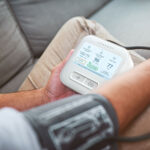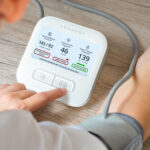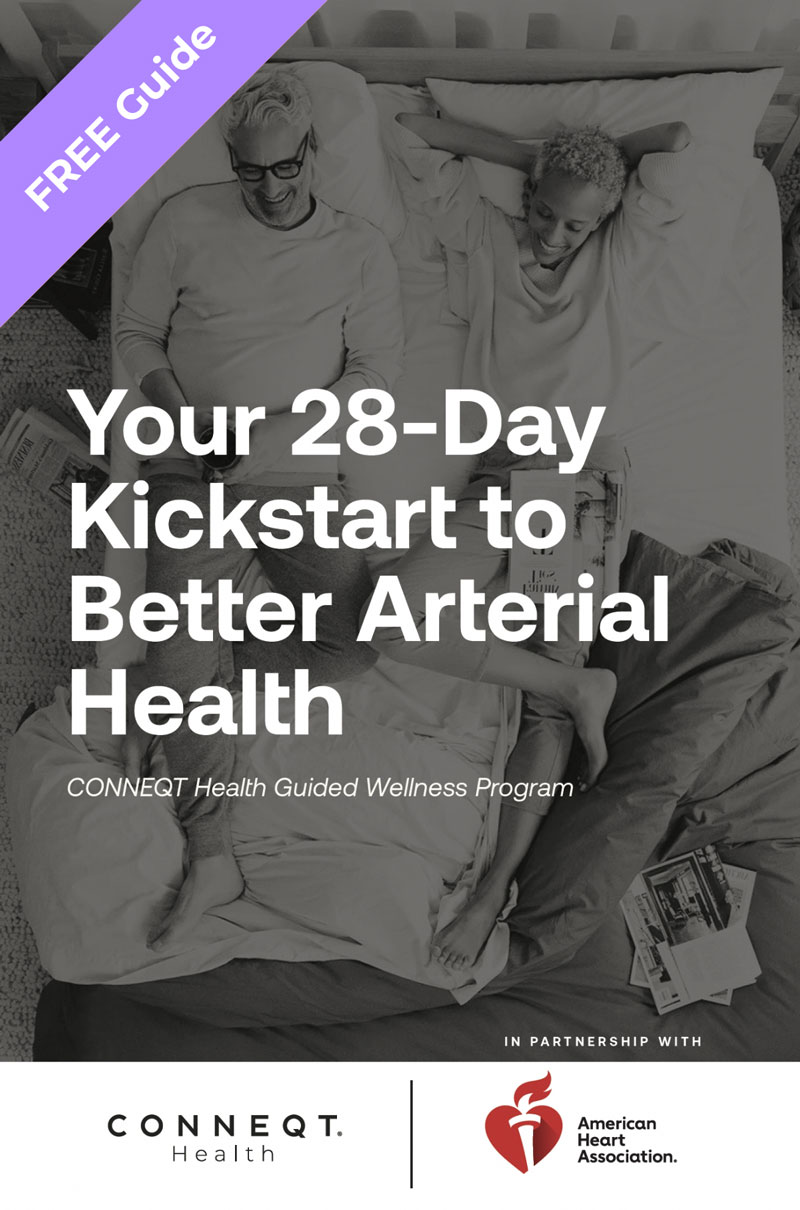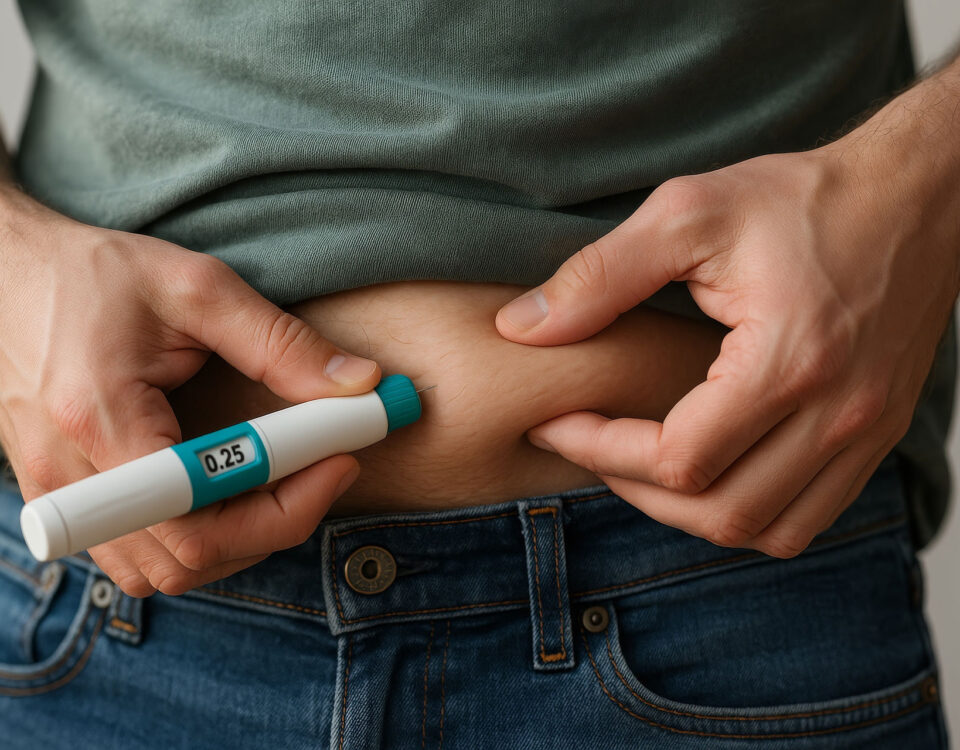Erectile dysfunction (ED) is often seen as a standalone issue, but it’s actually one of the earliest signs that your heart health might need attention. Here’s the hard truth—issues with your heart often show up in the bedroom before anywhere else. That’s because the same system responsible for pumping blood through your heart also supports healthy sexual performance. When blood flow is compromised, ED often appears before other, more obvious signs of heart trouble. Recognizing these signs early can make a significant difference, as ED often reflects broader circulatory issues that, if addressed promptly, can improve both heart and sexual health.
The Science Behind the Connection
Erections rely on healthy blood flow, which is directly influenced by the health of your cardiovascular system. The same network of arteries and veins that nourishes your heart also supports other essential functions—including sexual performance. As a vascular organ, the penis depends on efficient circulation to function properly. When arteries become stiff or clogged—a condition known as atherosclerosis—blood flow is restricted, reducing circulation to the heart and, notably, to the areas required for maintaining an erection. This reliance on healthy blood flow explains why ED often appears as one of the earliest signs of broader cardiovascular issues.
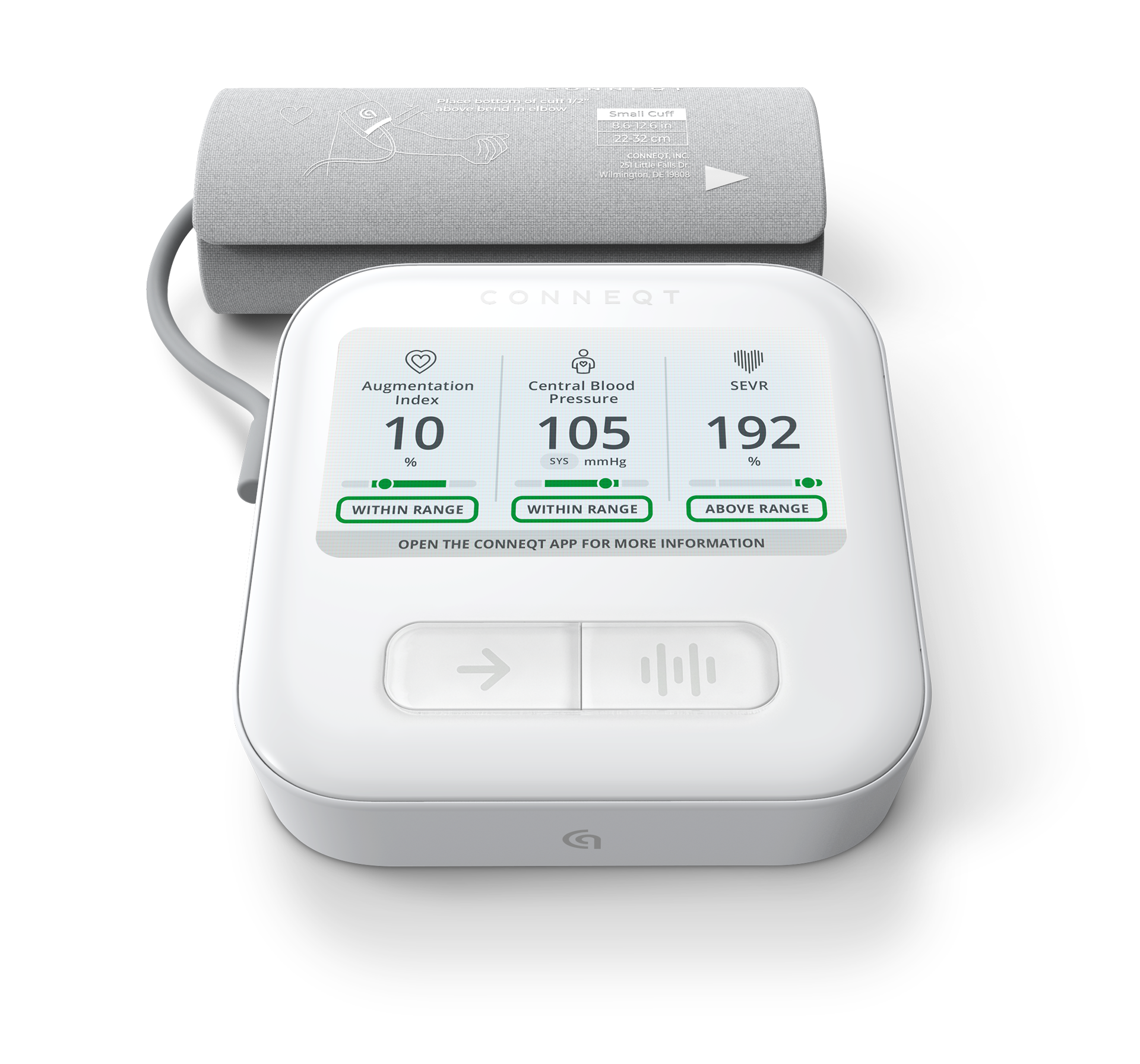
Medical Grade, Accurate, FDA-Cleared Heart Insights.
Save 20% on checkout with code VITALITY
Research shows that men with ED are at a higher risk of developing heart disease in the future. This connection highlights the importance of ED as an early indicator—a signal that it’s time to pay attention to your vascular health. It functions as an early warning system, much like a canary in the coal mine, signaling potential risks that warrant attention.
Why Monitoring Arterial Health Matters
If you want to know how well your cardiovascular system is functioning before problems arise, monitoring key vascular health markers can be a game-changer. These markers reveal how flexible and responsive your blood vessels are—essentially, whether your arteries are working like a well-oiled machine or showing signs of wear and tear.
Staying ahead of potential sexual health issues means paying attention to these key indicators:
- Arterial Stiffness: Healthy arteries are flexible, allowing for smooth blood flow. Stiff arteries reduce circulation efficiency, impacting both heart function and sexual performance. If your arteries lose flexibility, other areas may follow suit.
- Augmentation Pressure (AP): AP measures the extra effort your heart needs to generate to overcome arterial stiffness. Elevated AP levels suggest increased cardiovascular strain—think of it like driving with the handbrake on: more effort, less efficiency.
Monitoring these markers offers valuable insights into vascular health, often before more serious symptoms arise. Research shows that men with increased arterial stiffness and poor vascular function are at a significantly higher risk of developing ED. Tracking these markers through non-invasive tests can serve as an early warning system—flagging potential issues long before noticeable problems affect sexual performance.
The CONNEQT Pulse simplifies this process, offering an easy, proactive way to monitor overall vascular health and arterial stiffness. By tracking these markers regularly, you can detect potential issues early, manage risk factors more effectively, and support strong circulation.
Natural Therapies That Work With Your Body
While lifestyle changes lay the foundation for long-term cardiovascular and sexual health, natural therapies can offer additional support—especially when it comes to improving blood flow and nitric oxide production.
- L-citrulline and L-arginine: These amino acids are precursors to nitric oxide, a molecule that helps blood vessels relax and dilate. L-citrulline, in particular, is often better absorbed and more effective for supporting blood flow to the penis.
- Nitric oxide boosters: Foods rich in natural nitrates—like beetroot, spinach, and arugula—can elevate nitric oxide levels. Beetroot powder supplements offer a convenient, concentrated option for daily support.
- Panax ginseng: A well-studied adaptogen that improves energy, libido, and erectile function, especially in men with mild to moderate ED. It may also enhance nitric oxide synthesis and vascular function.
- Pycnogenol (pine bark extract): Often paired with L-arginine or L-citrulline, this extract improves endothelial function and supports stronger erections by promoting nitric oxide activity.
- Lifestyle-based therapies: Regular movement, quality sleep, and effective stress reduction naturally support nitric oxide production and improve arterial flexibility.
These options work best when integrated into a broader lifestyle approach. Natural supplements can support circulation and nitric oxide production, but they’re most effective when paired with consistent, day-to-day habits that strengthen your cardiovascular system from the ground up.
Lifestyle Changes for Better Heart and Sexual Health
The good news? Improving heart health is simpler than you might think, and the benefits extend well beyond cardiovascular wellness. Small, consistent changes can improve blood flow, support healthy weight management, and enhance sexual health, creating a positive impact on your overall well-being.
When it comes to supporting both your heart and sexual health, these simple strategies can make a meaningful difference:
- Regular Exercise: Physical activity boosts circulation, reduces arterial stiffness, and promotes overall cardiovascular health. Staying active also helps counteract the risks associated with a sedentary lifestyle, which can contribute to poor vascular health and increased risk of ED.
- Heart-Healthy Diet: Focus on whole foods—fruits, vegetables, lean proteins, and healthy fats—while minimizing highly processed foods, including fast foods, and excess sugar. A Mediterranean-style diet, rich in these foods along with olive oil, nuts, and fish, can make a meaningful difference for heart and vascular health.
- Stress Management: Chronic stress affects both heart and sexual health. Practices like mindfulness, deep breathing, and yoga can help.
- Avoid Smoking and Limit Alcohol: Both can damage blood vessels and impair circulation.
- Weight Management: Maintaining a healthy weight reduces strain on the heart and supports better blood flow, which can improve both cardiovascular and sexual health.
- Regular Health Monitoring: Tools like the CONNEQT Pulse help track key health metrics, including those influenced by weight and diet, allowing for early detection and intervention.
Addressing ED: More Than Just a Quick Fix
While medications like Viagra—or the “little blue pill”—can temporarily improve ED symptoms, they don’t address the underlying vascular issues if poor heart health is the root cause. Think of these medications as a quick fix—they may help in the moment, but they won’t resolve the core problem. It’s like patching a leaky pipe without fixing the source; eventually, the issue will resurface.
By focusing on cardiovascular health, you’re not just treating the symptoms—you’re addressing the root cause, supporting long-term sexual performance, and investing in your overall well-being and longevity.
The Bottom Line
Erectile dysfunction isn’t just a personal concern—it can be one of the earliest signs of underlying cardiovascular issues. Recognizing ED as a potential early warning sign and adopting a heart-healthy lifestyle can improve both your heart function and sexual health. Taking steps to support your heart can enhance your quality of life in more ways than one—because what’s good for your heart is good for your health, your confidence, and your well-being.
